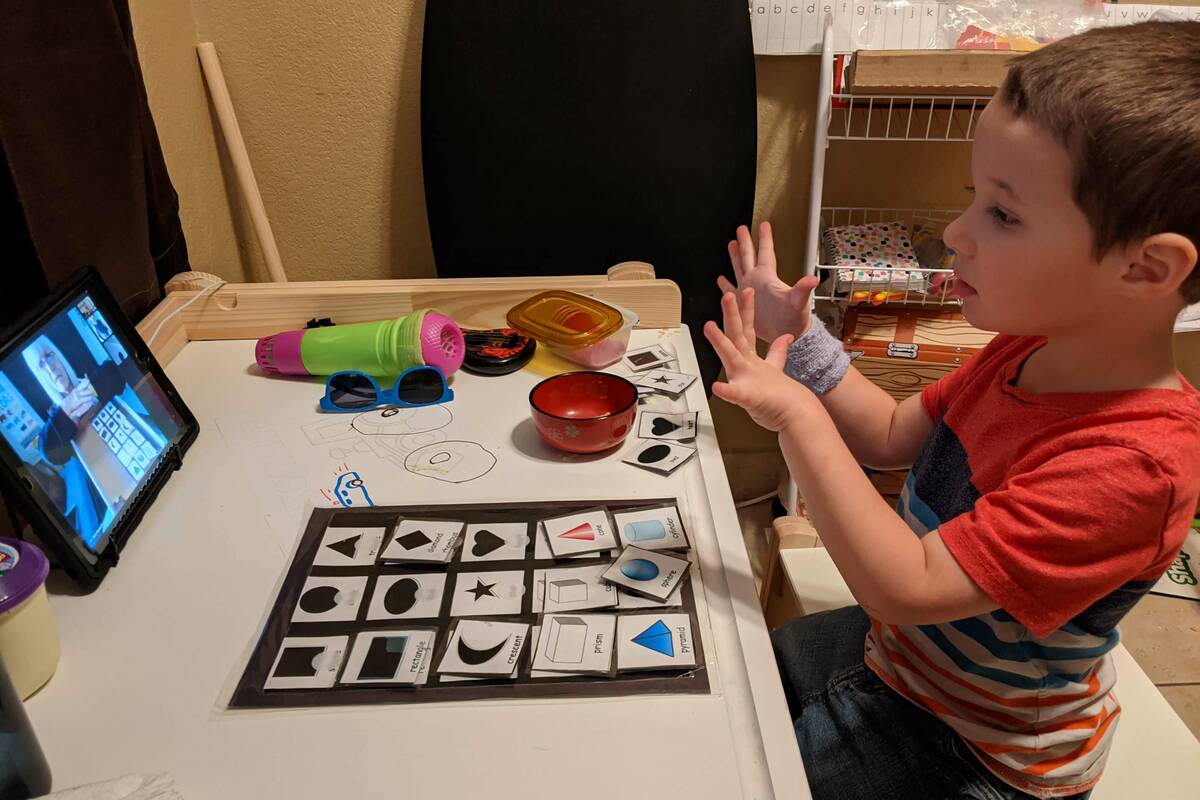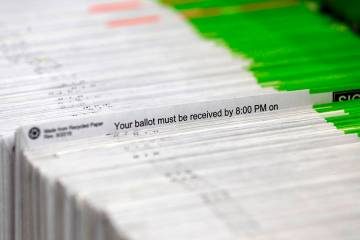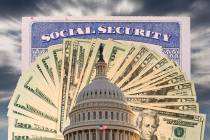EDITORIAL: Distance learning will increase economic inequality
In fall 2020, it was becoming obvious that school closures would exacerbate inequalities in the education system. Now, a new study predicts these inequalities will reduce the future earnings of low-income students.
Distance learning turned out to be an oxymoron. There’s abundant evidence that students forced to endure remote learning didn’t learn as much as they would have in the classroom. Grades and test scores from the Clark County School District confirm that as well.
A group of economists, including professors from Yale and Northwestern, recently looked at the implications of this learning loss. The results were discouraging.
Their model predicted that ninth graders in low-income neighborhoods would see a half-a-point decline in their GPA, using a four-point scale. Children in well-off areas, however, “remained unscathed,” thanks to better parental support and peer environments. Poor children are “less likely to benefit from the support of parents who are able to work from home,” the piece, published in VoxEU, finds.
“Four years down the road, the school closure causes an average 25 percent reduction of labor earnings for the poorest children when these enter the labor market,” the economists write. “This implies that the future society will be more unequal and have less social mobility.”
What makes this particularly inexcusable is that this outcome was obvious. In September 2020, we urged the district to reopen schools for in-person learning, calling distance learning “a five-alarm crisis.”
“For tens of thousands of students it’s not possible to sustain the illusion that they are learning anything through the current approach,” we wrote. “It’s likely these students are disproportionately poor, which makes this a double tragedy. Public education may be their best lifeline for success.”
That remains true. Many low-income children now face a lifetime of diminished opportunities. Ironically, the people who oversaw this inequality are often the same contingent protesting constantly about the need for more money to help low-income students.
While the damage isn’t reversible, mitigating it requires honesty. Teacher and parents must know the areas in which a student is struggling if there is any chance of addressing it. Instead, the district gutted its grading standards. Students can now repeat tests and other assignments. Late work can’t be penalized, and 50 percent is the minimum allowed grade.
Lowering standards will make Superintendent Jesus Jara and administrators look better by inflating grades. But it won’t help students and will only exacerbate inequities that have already been aggravated by remote instruction.





























